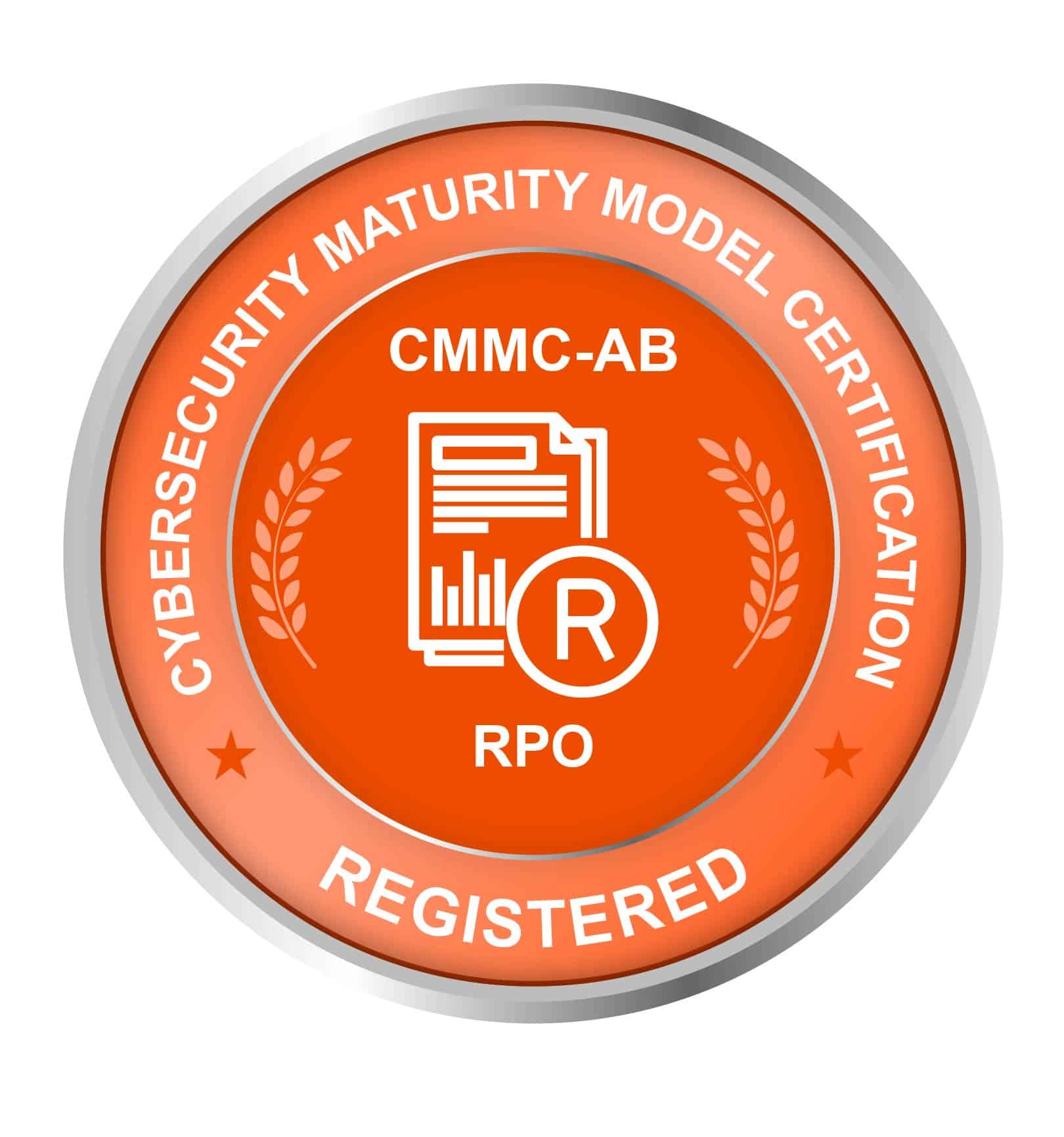Why Car Dealerships Need To Invest In Cybersecurity: Immediate Action Required
With an ever-increasing reliance on digital technologies, car dealerships are becoming prime targets for cybercriminals. Your customer data, financial records, and digital transactions are assets that, if compromised, could lead to significant financial and reputational damage. As the automotive industry accelerates its digital transformation, cyber threats grow more sophisticated, necessitating robust cybersecurity measures to protect sensitive information and preserve customer trust.
You are now mandated by regulatory bodies, such as the Federal Trade Commission in the US, to establish comprehensive cybersecurity frameworks to safeguard your dealership’s operations. Noncompliance not only risks customer data breaches but also invites legal repercussions. Investing in cybersecurity goes beyond compliance—it’s integral to your dealership’s long-term resilience and success.
Key Takeaways
- Cybersecurity is essential for protecting dealership data and maintaining consumer trust.
- Regulatory compliance requires dealerships to implement comprehensive cybersecurity measures.
- Investing in cybersecurity is crucial for the survival and competitiveness of your dealership.
The Imperative of Cybersecurity in Modern Auto Sales
In an era where digital storefronts are pivotal, your dealership’s cybersecurity measures protect both your business and customer data. Recognize the risks and benefits of proactive cybersecurity to fortify your business against cyber threats.
Risks of Ignoring Cybersecurity
If you overlook cybersecurity, you expose your dealership to data breaches and financial losses. Customer databases, financial records, and proprietary information can be compromised. Here are specific risks:
- Data Theft: Cybercriminals can steal personal customer information, leading to identity theft.
- Financial Loss: Ransomware attacks could lock your crucial business data, culminating in financial extortion.
- Reputation Damage: A single breach can erode customers’ trust, potentially damaging your brand beyond recovery.
Benefits of Proactive Cybersecurity Strategies
Investing in a robust cybersecurity framework propels you ahead of emerging threats and aligns your dealership with industry best practices. Here’s what you can gain:
- Customer Trust: By securing personal data, you safeguard your reputation and retain customer loyalty.
- Regulatory Compliance: Stay ahead of regulations to avoid fines and legal repercussions.
- Operational Continuity: Protecting against cyber threats ensures your business operates smoothly without interruption.
Implementing advanced cybersecurity measures is no longer an option; it’s an essential strategy to protect the future of your dealership.

Understanding the Cyber Threat Landscape
As you navigate the intricacies of the automotive industry, it becomes increasingly clear that cybersecurity is not just a matter of IT but a critical business imperative. Below, we break down the specific threats dealerships face and provide real-world examples of cyber attacks on dealerships.
Common Cyber Threats to Dealerships
Your dealership may encounter various types of cyber threats, each with the potential to disrupt operations and cause financial damage. Here are some of the most common threats:
- Ransomware: This type of malware encrypts or locks your data, demanding payment for its release. For dealerships, this could immobilize access to essential sales and inventory systems.
- Phishing Attacks: Cyber criminals often use deceptive emails that appear legitimate to trick employees into divulging sensitive information like login credentials.
- Supply Chain Attacks: Attacks targeting your supply chain can compromise your dealership’s data through vulnerabilities in partner systems.
- Data Breaches: Unauthorized access to customer data, financial records, or proprietary information can result in significant reputational and compliance-related costs.
Case Studies: Dealerships and Cyber Attacks
To illustrate the severity of the threat landscape, let’s examine some incidents where dealerships faced cyber attacks:
- Ransomware Attack on a Regional Dealership Group:
- Details: A ransomware attack encrypted the entire customer data system, halting sales and service operations.
- Impact: The dealership experienced days of downtime and a significant ransom payout to restore access to the encrypted data.
- Phishing Incident at a Luxury Car Dealership:
- Details: An employee fell victim to a phishing email that mimicked a supplier communication, compromising sensitive customer information.
- Impact: The incident prompted an investigation, tarnished the dealership’s reputation, and resulted in hefty fines for violating privacy regulations.
Legal and Regulatory Implications
Stringent legal and regulatory standards surrounding cybersecurity directly impact your car dealership. Understanding these obligations is crucial for compliance and protecting your customers’ data.
Data Protection Laws
Data protection legislation, such as the updated Gramm-Leach-Bliley Act’s Safeguards Rule, mandates that you secure your customers’ personal information. As of June 2023, new standards require that car dealerships maintain comprehensive data security plans, designate a qualified individual to manage the program, and regularly report to the board of directors. Non-compliance can result in severe fines and legal consequences.
- Designated Responsibilities: A specific employee must oversee your data protection program.
- Risk Assessment: Periodic risk assessments to identify threats are mandatory.
- Safeguards Implementation: Security controls like encryption and access control are necessary.
Consumer Privacy Concerns
Your customers are now more aware of privacy issues and expect high levels of data security when they trust you with their personal information. The Federal Trade Commission enforces stricter criteria to ensure consumer data is handled securely within the auto industry.
- Customer Expectations: Your clients anticipate that their sensitive data will be handled respectfully.
- FTC Oversight: Ongoing compliance to protect consumer privacy falls within your responsibility.
Building a Robust Cybersecurity Framework
Evaluating existing security measures and implementing a structured cybersecurity plan are essential to strengthening your dealership’s digital defenses.
Assessment of Current Cybersecurity Measures
Begin by conducting a thorough assessment of your current cybersecurity measures. This audit should encompass all digital touchpoints, including customer databases, financial records, and communication channels.
- Inventory Assets: List all the IT assets, such as servers, computers, and software applications.
- Identify Vulnerabilities: Pinpoint potential security gaps in each asset.
- Evaluate Controls: Review existing protocols and encryption methods safeguarding sensitive data.
Key Elements of a Cybersecurity Plan
Developing a cybersecurity plan requires attention to key elements for safeguarding your dealership against cyber threats.
- Employee Training: Regular training sessions for staff to recognize, prevent, and respond to cyber threats.
- Access Controls: Establish strict access controls and authentication methods for sensitive systems and information.
- Incident Response Plan: A clear strategy detailing steps to take in case of a security breach.
- Regular Updates: Scheduled security software maintenance and updates to protect against the latest threats.
You can better protect your dealership’s operations and maintain customer trust by dedicating resources to understanding and enhancing your cybersecurity posture.
Investing in Cybersecurity Training and Awareness
Proactive cybersecurity training and creating a company culture prioritizing security are significant to your dealership’s defense strategy.
Employee Training Programs
Your employee training programs are the first line of defense against cyber threats. It’s not enough to have good cybersecurity technology; your employees must know how to use it effectively. You should invest in regular and comprehensive training that covers:
- Recognizing and reporting phishing attempts
- Safe handling of sensitive customer data
- Password management and multi-factor authentication
Creating a Security-First Company Culture
Cultivating a security-first culture within your dealership ensures that cybersecurity remains a continuing priority. This cultural shift involves:
- Encouraging employees to voice concerns about suspicious activities
- Rewarding safe security practices
- Enforcing cybersecurity policies consistently, regardless of an employee’s position in the company
Technology and Tools for Enhanced Cybersecurity
Investing in advanced cybersecurity technology and tools is crucial for protecting both your dealership’s operations and your customers’ sensitive information from cyber threats.
Next-Generation Antivirus and Malware Protection
Your business requires robust antivirus and malware protection to defend against evolving threats. Opt for solutions that utilize artificial intelligence and machine learning to detect and neutralize sophisticated malware. Such systems improve over time, learning from new threats and adapting to provide better security.
- Features to Look For:
- Real-time scanning and monitoring
- Heuristic analysis to detect unknown viruses
- Automatic updates and security patches
Secure Customer Data Management Systems
Customer data is a treasure trove for cybercriminals. Implement secure data management systems that ensure only authorized personnel can access confidential information.
- Essential Components:
- Data encryption both at rest and in transit
- Multi-factor authentication (MFA) for additional security layers
- Regular backups and secure storage solutions
Responding to Cyber Incidents
In the digital age, your dealership’s resilience to cyber incidents hinges on preparation and adaptability. Responding effectively can minimize damages and restore operations swiftly.
Developing an Incident Response Plan
Your incident response plan is a critical framework that dictates immediate actions when a cyber incident occurs. Here are the essentials to include:
- Identification Procedures: Clearly define how your team will detect and assess the threat.
- Roles and Responsibilities: Assign specific tasks to individuals or teams.
- Communication Protocols: Outline how you will notify stakeholders and authorities.
- Containment Strategies: Detail steps to isolate affected systems to prevent spread.
- Eradication and Recovery: Chart out processes for eliminating threats and restoring systems.
- Documentation and Reporting: Maintain records for legal compliance and to facilitate reviews.
Regular Cybersecurity Audits and Improvements
Continuously evaluating your cybersecurity stance is necessary to remain vigilant against evolving threats.
- Frequency of Audits: Conduct cybersecurity audits semi-annually or after major changes in your IT environment.
- Audit Checklist:
- Assess the effectiveness of firewalls, antivirus software, and other safeguards.
- Ensure patch management — ensure systems are up-to-date with the latest security patches.
- Validate employee training effectiveness on cybersecurity best practices.
- Improvement Plan: Develop an action plan to address vulnerabilities based on audit findings. Regularly update your cyber defense mechanisms to keep pace with the latest threats.
Partnerships and Collaborations
In cybersecurity, strategic partnerships and collaborative efforts strengthen your dealership’s defense. Ensuring robust protection means engaging with external experts and utilizing collective industry knowledge.
Working with Cybersecurity Experts
Your dealership can benefit from cutting-edge protection by partnering with specialized cybersecurity firms. For instance, the proactive move by Reynolds and Reynolds to acquire a dedicated dealership cybersecurity company, like Proton Dealership IT, exemplifies a crucial collaboration. Such partnerships give you access to:
- Tailored cybersecurity frameworks
- Real-time threat monitoring
- Immediate response and support in case of an attack
Leveraging Industry Resources
Resources and collective insights from the automotive industry are imperative for a fortified cybersecurity posture. Engage with industry-specific security resources and groups to stay abreast of new threats and solutions. Your action plan should include:
- Attending cybersecurity workshops and training specific to the automotive sector
- Accessing up-to-date regulatory compliance guidelines
- Sharing and adopting best practices in data security within your dealership network
Conclusion: A Call to Action for Dealerships
As a dealership owner or manager, your responsibility extends beyond sales and customer service; it includes safeguarding your customers’ data and your business’s digital infrastructure. With the automotive industry increasingly integrating connected technologies, the urgency for robust cybersecurity measures cannot be overstated.
- Assess Your Current Security Posture: Identify any weaknesses in your network and rectify them. Employ services that conduct regular penetration testing and vulnerability assessments.
- Train Your Staff: Implement a thorough cybersecurity training program. Your employees should be able to recognize potential cyber threats such as phishing attempts.
- Invest in Advanced Security Solutions: Utilize firewalls, encryption, and multi-factor authentication to protect sensitive customer information and business data.
- Stay Compliant: Adhere to industry regulations and data protection standards to avoid legal pitfalls and build customer trust.
You must not delay action to remain competitively viable and maintain your reputation. Take a step today to better secure your dealership. This investment will serve as a proactive measure against potential cyber threats and ensure the continuity of your business operations.
Remember, cybersecurity is where circumventing risks now means avoiding potential severe consequences later. Your proactive measures are not just for compliance or performance but for sustaining your business’s future.










